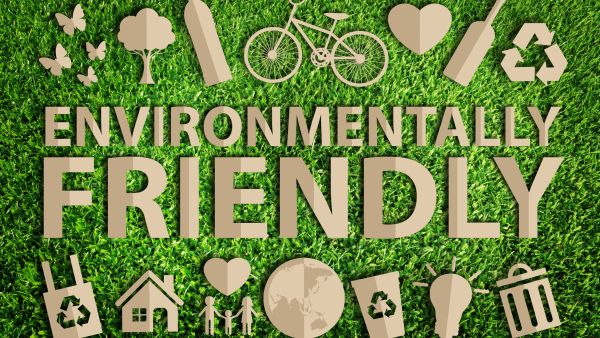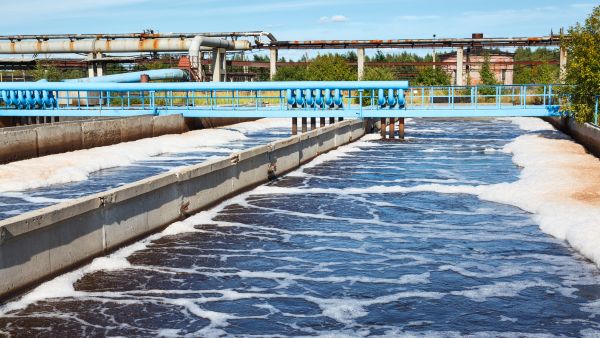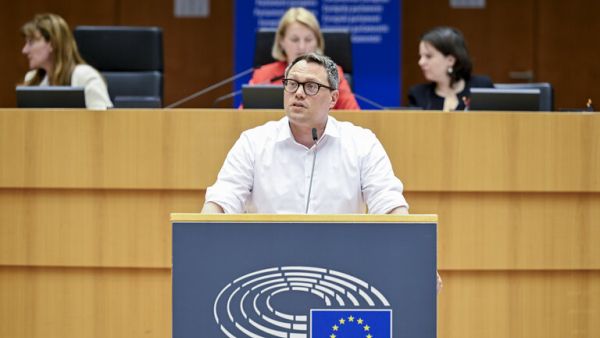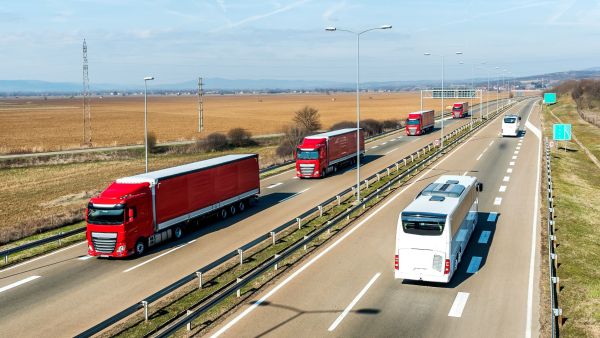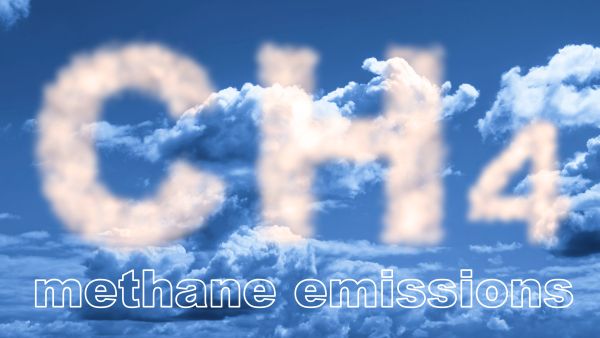The president of the Socialists and Democrats in the European Parliament, Gianni Pittella, and members of the S&D delegation participating in the COP21 Paris climate talks welcome the historic agreement* against climate change because it paves the way for the end of the fossil fuel era.
President Pittella and MEPs Kathleen Van Brempt, Matthias Groote, Gilles Pargneaux and Miriam Dalli, also welcome the new ‘Paris spirit’: for the first time there was a real impact and commitment of all civil society partners and stakeholders to make a change and this global effort will continue.
They also praise the good work of the French for facilitating a successful outcome, in particular minister Laurent Fabius.
Kathleen Van Brempt, S&D vice-chair responsible for sustainable development, said:
"The most positive outcome of Paris is that nearly all states - including developing countries and emerging economies - are committing themselves to make the necessary reductions of greenhouse gas (GHG) emissions to tackle climate change; this is completely different from the former climate deals where only the developed countries were engaged in emission reductions.
"So actually, we have agreed upon the ‘safety standards’ of our climate-proof, common house that we will build together. We already have a lot of building blocks to build it, but unfortunately there are still bricks missing. The extra bricks have to be delivered in the so-called ratchet mechanism that will review and strengthen the Intended Nationally Determined Contributions (INDCs) every five years.
"Let us not only focus on what the official Parties of the United Nations Framework Convention on Climate Change (UNFCCC) decided. The bilateral agreements made at the side-lines of the conference and actions announced by industries, civil society, (such as divesting and investing) financial institutions, the R&D community, cities and regional governments, etc make this conference a real spring board for future climate action."
Matthias Groote, S&D spokesperson for environment and vice-chair of the European Parliament delegation to Paris said:
"The more ambitious the mitigation target the better. In the European Union we have the necessary tools for this ambition. But what is more important is to provide the tools and the finances to make this goal achievable. We also need action in the framework of the International Civil Aviation (ICAO) and the International Maritime Organisation (IMO) to limit the emissions of international aviation and shipping that are not covered by the INDCs. We cannot afford to give a free ride to these sectors.
"The Paris agreement sends a clear signal that the fossil fuel era is coming to an end and investments are now shifted to renewables and energy efficiency. Europe needs to make full use of its competitive advantage in these fields."
Note to editors
* Following two weeks of intensive negotiations, the 196 states parties to the UN Framework Convention on Climate Change agreed on a historic new global climate agreement. The new agreement has as a target limiting global temperature well below 2oC in comparison to pre-industrial levels while recognising the need to continue efforts to limit temperature increase to 1,5 degrees.
Moreover the agreement includes a long term target of reaching greenhouse gas (GHG) emissions neutrality in the second half of the century as well as a 5-year review mechanism for the commitments of states. This review is key in order to allow for an increase of ambition in the immediate future so as to keep the world on track for the 2 degrees target (as current commitments lead to an increase of global temperature of 2.7 to 3 degrees).



